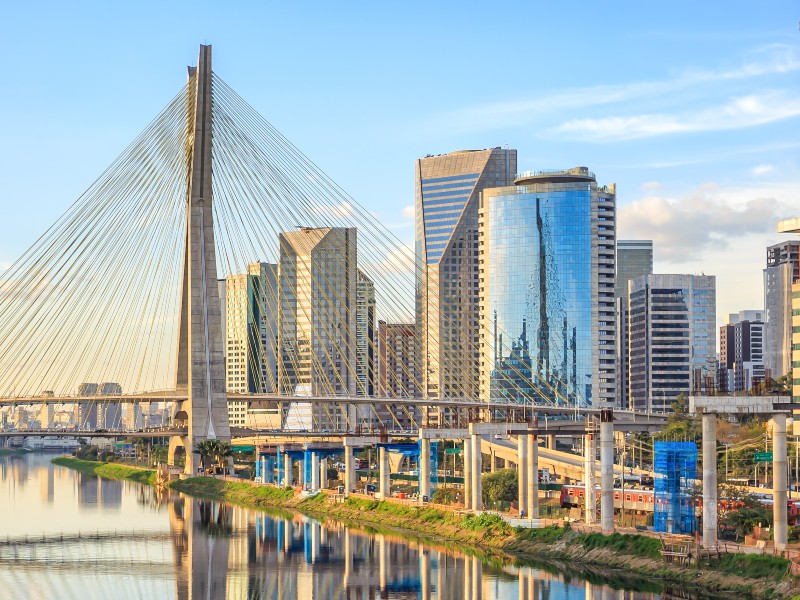
When investing in Brazil, what considerations should institutional investors keep in mind? And how can the market fit into a pension portfolio?
One issue to watch is pension reform, said Heather Hagerty, a research analyst at Fidelity Investments, during the Canadian Investment Review’s podcast “Pension Passport.”
“Brazil is one of only a small number of countries that allows its people to retire based on the number of years that they contribute to the system and one of the only countries in the world with no minimum retirement age. In fact, most people in Brazil retire around the age of 55.
“This has caused immense pressure on the federal and state budgets, with pension spending absorbing over a third of the tax revenues,” she added. “And this is only expected to continue to rise as a share of government payouts. Now some Brazilians are retiring even longer than they contributed into the system. The system is also socially unjust with over half of this pension spending being taken up by the wealthiest fifth of the population and less than three per cent by those that are worse off.”
The Brazilian government understands the situation and has indicated it’s taking the need to reform seriously, said Hagerty.
If the system is reformed, it would be substantial for the country’s growth prospects. “By extending the work life of Brazilians by as much as 10 years, this is going to have a large and material impact on economic productivity,” she said. “There are some estimates that, by implementing a minimum retirement age of 65 for men and 62 for women, it could add as much as four million people to its workforce. This large increase in the workforce would be a positive supply shock to its labour market, which would increase growth for some time without wage pressure.”
While institutional investors can access Brazil through its stock market, the main index, the Ibovespa, is filled with commodities companies and state-owned enterprises. It doesn’t reflect a fulsome picture of the overall economy’s potential, said David Souccar, executive director and portfolio manager at Vontobel Asset Management, also speaking during the podcast.
In examining potential investment opportunities, investors should note that while Brazil’s corporate transparency is on a par with other emerging markets — and indeed has improved materially in the last 20 years — it still has a long way to go to be equal to a developed market, he said.
Souccar also noted more active participation on the part of smaller retail shareholders will improve transparency for all market participants. “All institutional investors, including Canadian pension plans, will benefit from more active participation of local retail investors. It’s difficult to motivate local regulators to improve corporate governance, corporate transparency, when the majority of investors in Brazilian equities today are institutional investors. Once retail investors start to get skin in the game — and I expect this to happen in the next five years — the discussion gets more political importance.”
With all this in mind, Souccar said he’s still optimistic about Brazil. “It’s one of our top destinations in terms of investments in our emerging market fund, together with China and India. Now I think institutional investors need to understand that Brazil is a volatile market and it’s hard for generalists to stay on top of it. So when we get exposure to Brazil, it’s important to make Brazil a slice of the portfolio and manage risk by diversification of Brazil versus other countries in the world.”
Listen to the full season of “Pension Passport” at investmentreview.com/podcasts. Or download the podcast on Apple, Google and Stitcher.
